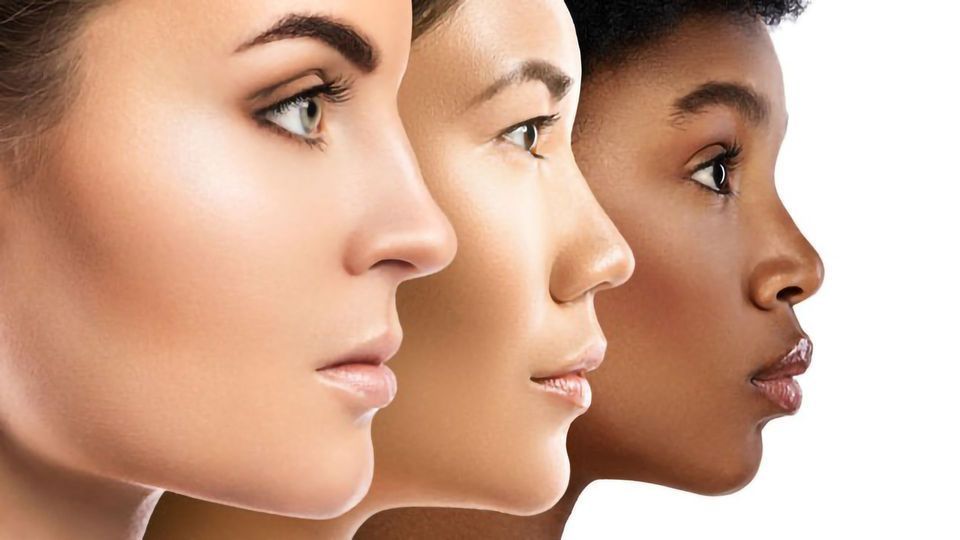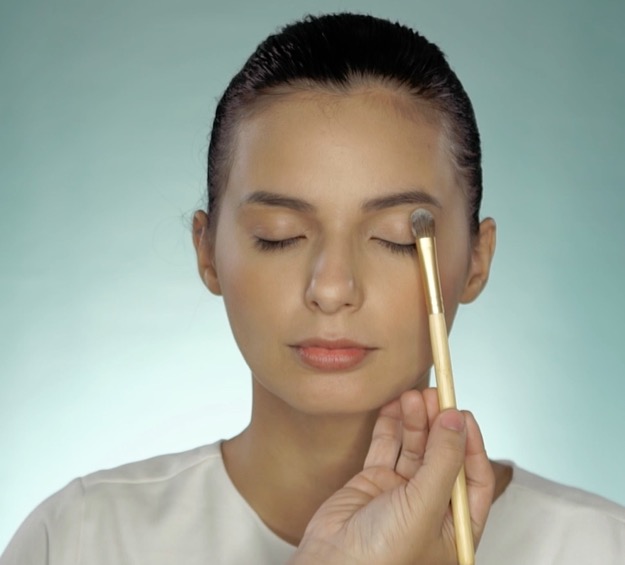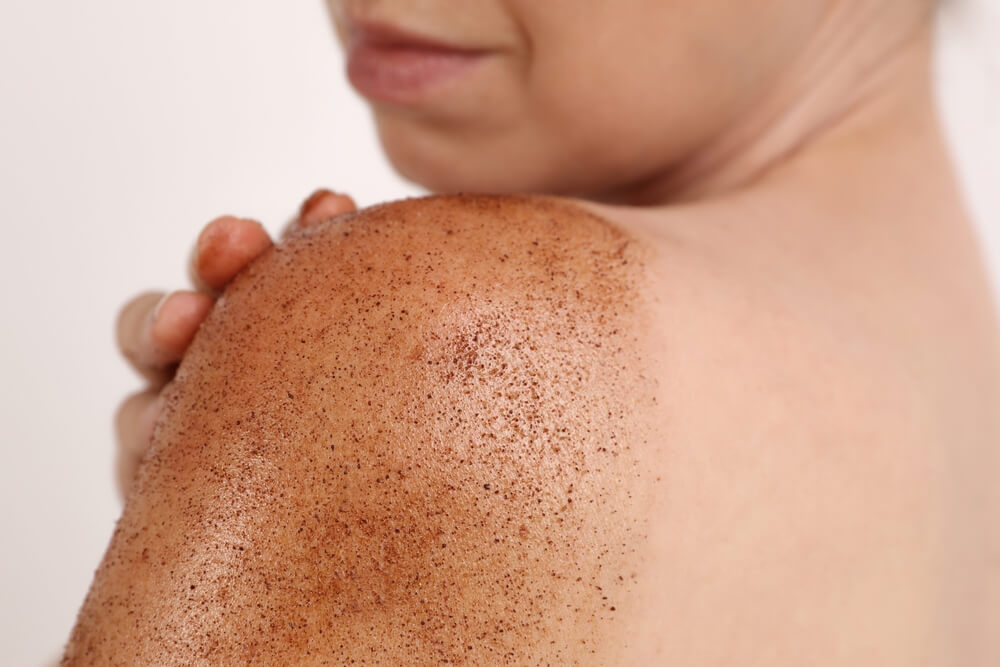Beauty is a complex concept that has been studied by scientists, philosophers, and artists for centuries. While the definition of beauty may vary across cultures and individuals, there is no doubt that physical appearance plays a significant role in how we perceive ourselves and others.

The science of beauty aims to understand the biological and environmental factors that contribute to our physical appearance, from our facial features to our skin tone and hair texture. In this article, we will explore how genetics and environment impact our looks, and what we can do to enhance our natural beauty.
Genetics and Beauty
Our genes play a crucial role in determining our physical appearance, from the color of our eyes to the shape of our nose. While we inherit our genes from our parents, the expression of those genes can be influenced by a variety of factors, including our environment and lifestyle choices.
One of the most studied areas of genetics and beauty is facial features. Researchers have identified specific genes that are associated with various facial characteristics, such as the distance between the eyes, the shape of the eyebrows, and the size of the nose. For example, a gene called PAX3 is associated with the distance between the eyes, while a gene called DCHS2 is associated with the shape of the nose.
However, it is important to note that genetics alone do not determine our facial features. Environmental factors, such as nutrition, exposure to sunlight, and lifestyle choices, can also influence the expression of these genes. For example, a diet rich in fruits and vegetables may promote healthy skin and a youthful appearance, while exposure to UV rays can accelerate the aging process and cause wrinkles and age spots.
Another area where genetics and beauty intersect is skin tone. Our skin color is determined by the amount and type of melanin in our skin. Melanin is a pigment that is produced by specialized cells called melanocytes, which are found in the skin, hair, and eyes. People with more melanin in their skin tend to have darker skin tones, while people with less melanin have lighter skin tones.
While genetics play a significant role in our skin tone, environmental factors such as sun exposure, pollution, and skin care practices can also impact the appearance of our skin. For example, exposure to UV rays can cause skin damage and increase the risk of skin cancer, while regular use of sunscreen can help protect the skin and prevent premature aging.
Environment and Beauty
While genetics provide the blueprint for our physical appearance, our environment and lifestyle choices can significantly impact how we look. For example, a healthy diet, regular exercise, and good sleep habits can promote healthy skin, hair, and nails, while a sedentary lifestyle, poor diet, and lack of sleep can have the opposite effect.
One of the most significant environmental factors that impact our appearance is sun exposure. While some exposure to sunlight is necessary for the production of vitamin D, overexposure can cause skin damage and increase the risk of skin cancer. To protect the skin, it is recommended to wear sunscreen, protective clothing, and avoid prolonged exposure to direct sunlight.
Another environmental factor that can impact our appearance is pollution. Exposure to pollutants in the air, water, and soil can cause oxidative stress, which can lead to skin damage and premature aging. To reduce the impact of pollution on our skin, it is recommended to use a gentle cleanser, moisturizer, and to eat a diet rich in antioxidants.
Finally, our lifestyle choices, such as smoking, alcohol consumption, and drug use, can significantly impact our appearance. Smoking, for example, can cause wrinkles, discoloration, and other signs of premature aging, while alcohol consumption can lead to dehydration and skin damage. To maintain a healthy appearance, it is recommended to avoid smoking, limit alcohol consumption, and avoid the use of drugs.










